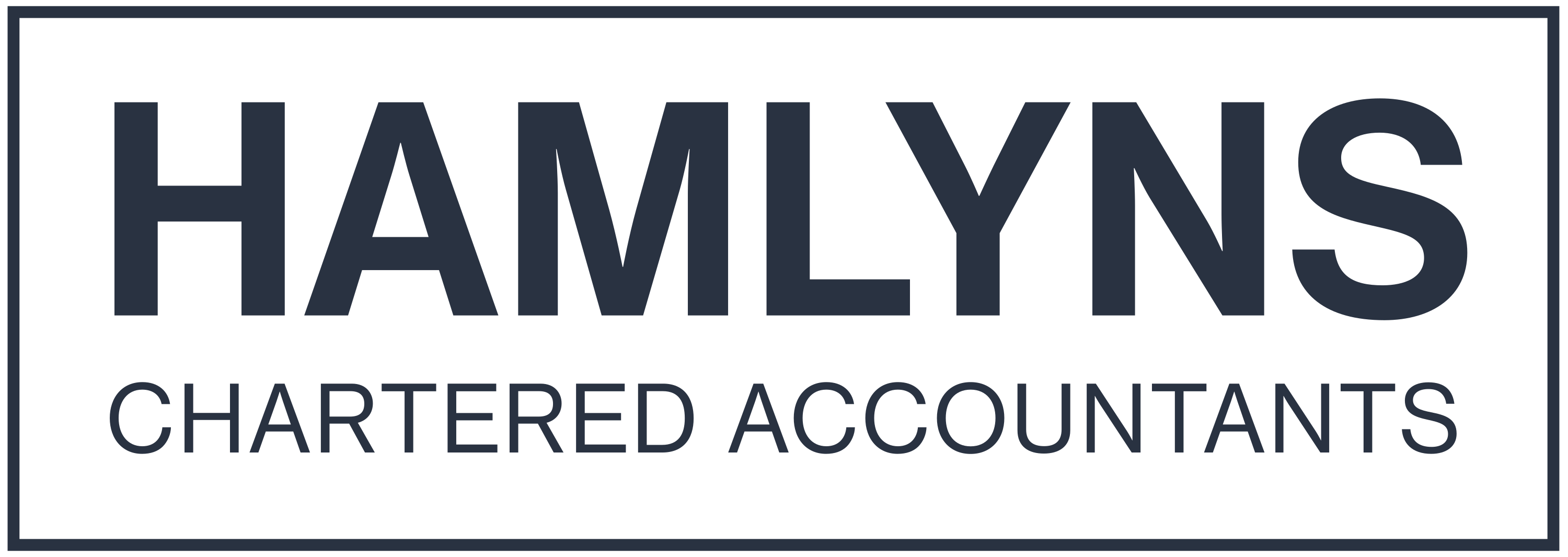Corporation Tax: Should You Pay Monthly or Quarterly?

Corporation Tax: Should You Pay Monthly or Quarterly?
As a director of a limited company in the UK, you have some flexibility in choosing how often to pay corporation tax.
As of April 2023, the corporation tax rate in the UK now has a basic rate of 25%, meaning that all businesses with profits exceeding £250,000 must pay corporation tax at this higher rate. Meanwhile, smaller companies – with profits of up to £50,001 – can pay at the previous small profits rate (SPR) of 19%.
However, regardless of the rate of corporation tax you must pay, many companies are weighing up whether it’s more prudent to opt for monthly or quarterly payments. What are the pros and cons of paying corporation tax monthly versus paying it quarterly? Weighing the factors, implications and benefits carefully can help optimise your corporation tax compliance and business cash flow.
This article outlines key considerations when deciding between monthly and quarterly corporation tax payments for your business.
Cash Flow Implications
More frequent tax payments can lead to short-term cash flow shortages and reduce the working capital available to the business. On the flip side, paying corporation tax quarterly rather than monthly improves cash flow retention between payments, despite a larger sum being deducted four times a year.
However, for companies forecasting losses or negligible tax bills, the cash flow impact may be minimal. Monthly payments also allow tax costs to spread over the year, aiding business and financial planning and smoothing expenses.
Administrative Workload
While the administration involved will be similar, there’s an argument that making monthly payments and calculations can be more time-consuming than doing it on a quarterly basis.
The time and effort going into submitting returns and HMRC payments each month can quickly add up, whereas some in-house bookkeepers may be more productive and less disrupted if they are tasked with doing this less often.
Luckily, modern accounting software can automate and ease much of this administrative burden. The time savings from quarterly filing may be marginal if using cloud accounting tools.
Interest Charges
Paying tax annually will often result in decreased interest rate charges, which is beneficial for many companies given the current turbulent economic situation. However, interest charges are similar for quarterly versus monthly payment frequencies, but you may find that quarterly payments mean you are spending marginally less on interest.
If you are expecting a large corporation tax bill, monthly payments may be better for your bottom line provided you have sufficient capital. However, quarterly payments remain adequate for most businesses to avoid hefty interest charges.
Forecasting Accuracy
Monthly calculations and payments allow companies to forecast profits and tax more accurately than relying on quarterly estimates.
Financial planning and informed decision-making are made easier by knowing the exact amount that’s going to be deducted each month, whereas quarterly earnings can differ drastically from initial predictions, meaning payments can be more damaging if not appropriately estimated.
However, unless your business sees highly variable monthly results, quarterly forecasts are often sufficient and the extra precision from monthly filings is marginal.
Increase in HMRC Interest Rates
The Bank of England announced that from the 22nd August 2023, the base corporation tax interest rate will rise to 7.75%, with HMRC interest rates rising by 0.25% (along with 7.5% late payment interest and 4.25% repayment interest).
For companies that pay corporation tax in quarterly instalments, the rate of interest on underpaid instalment payments increases to 6.25% from 6%. However, if you run a profitable business and have sufficient working capital, it can work in your favour to delay making payments for corporation tax until required, if you can justify the marginal interest rates. In today’s turbulent economic climate, reserving capital can make the incremental interest rate payments worth paying.
Monthly vs. Quarterly Corporation Tax Payments: Which is Better?
In summary, quarterly corporation tax filings offer many businesses a lighter administrative burden and improved cash flow retention compared to monthly payments. For most small and medium-sized companies, quarterly filing strikes the optimal balance.
However, monthly calculations are easier to predict and forecast which is easier for companies that experience steadier and less turbulent income each month. Therefore, monthly payments may benefit larger companies and those expecting periodic losses as well as regular boom periods.
Seeking Expert Assistance
Deciding between monthly or quarterly tax payments involves weighing several factors specific to your business.
At Hamlyns, our expert chartered accountants and business tax specialists can review your circumstances and recommend the best corporation tax payment strategy to optimise compliance and cash flow for your company.
Contact us today to discuss corporation tax filing frequency and other ways we can help simplify your bookkeeping, accounting and tax obligations while you maintain a steady and optimal cash flow. With our practical and actionable advice, staying compliant will not be a burden on your business.

Patrick Collins
Tax Director





